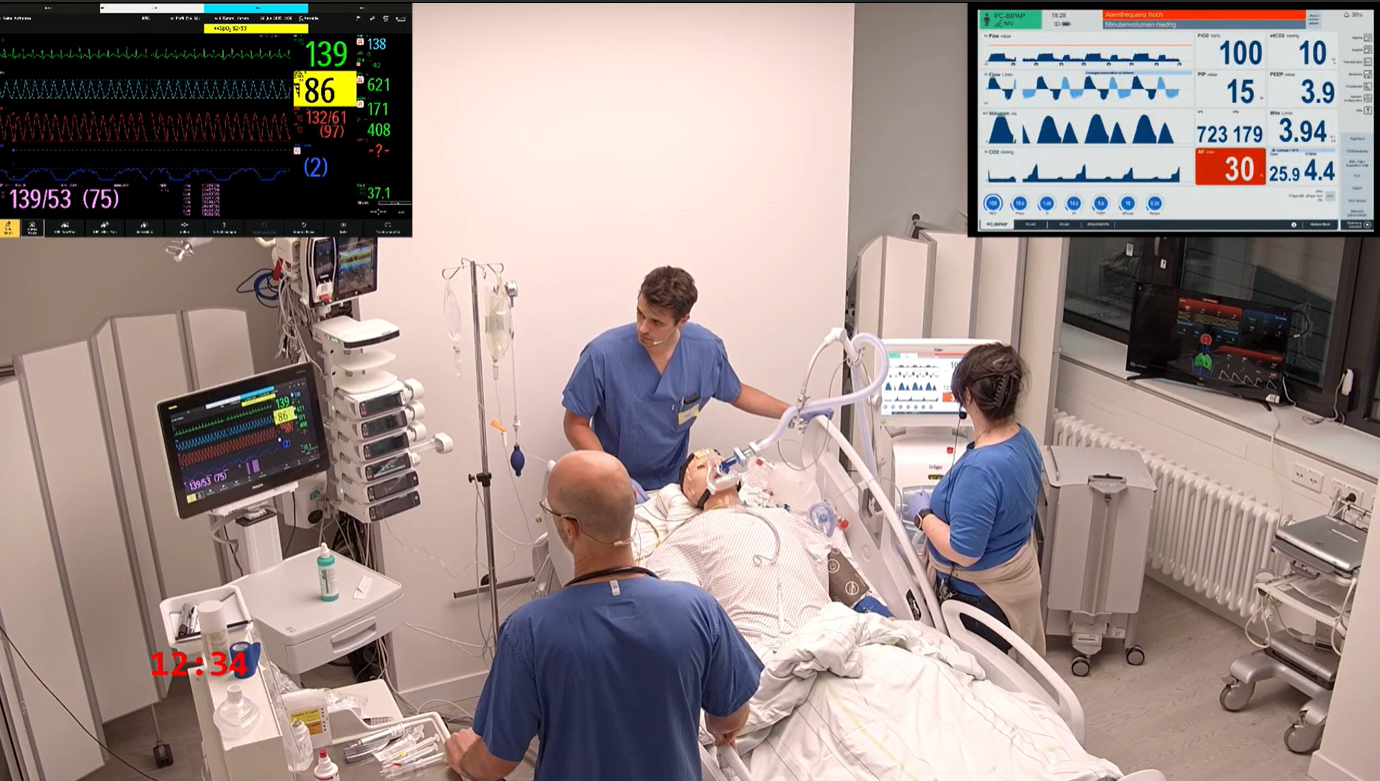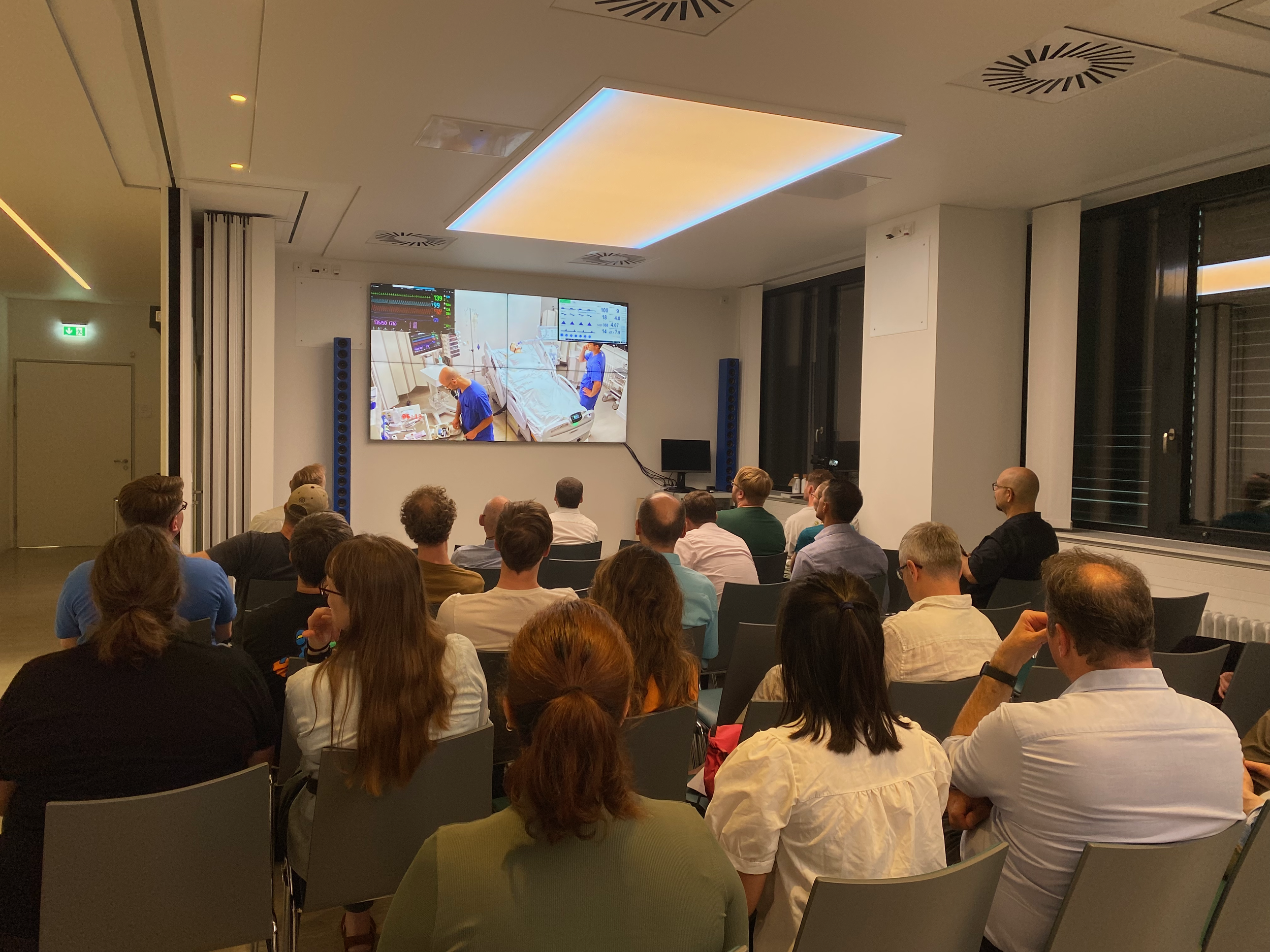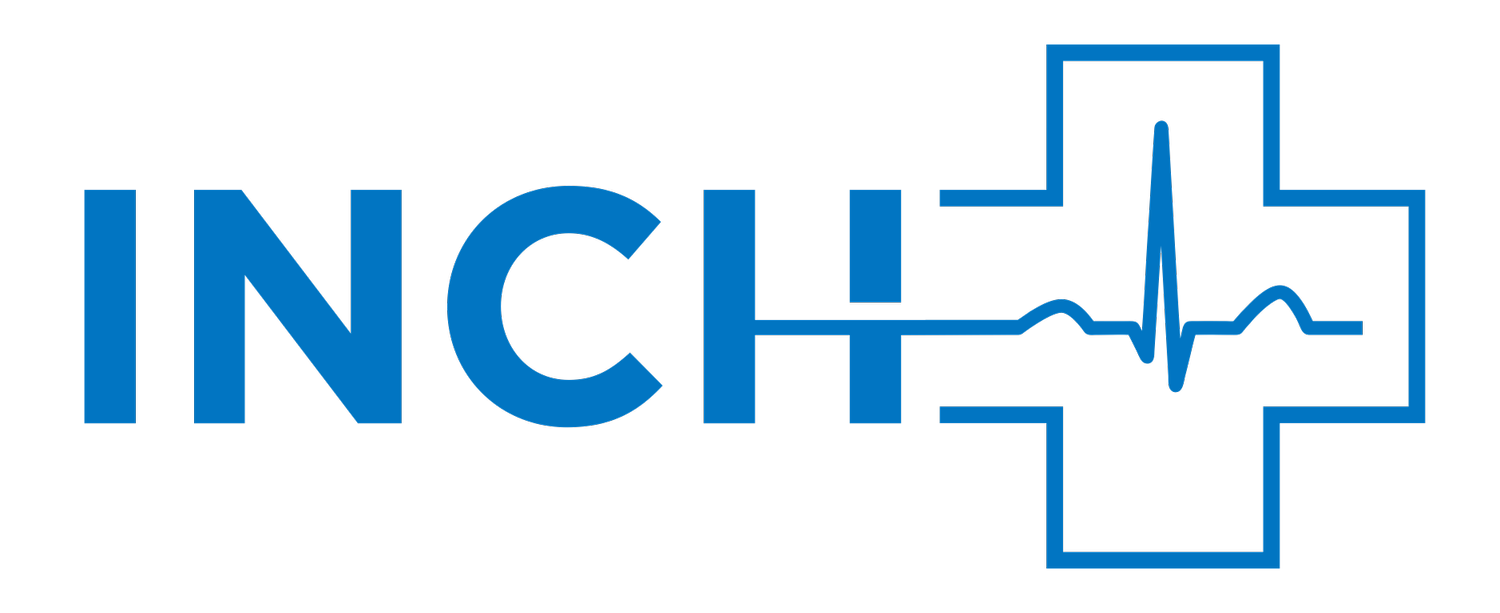Patient Monitoring Roundtable No. 5 | 2025: Situational Awareness in Focus - Rethinking Patient Monitoring
Save the Date: The next Roundtable will take place on September 18 at the Charité Baltic – Topic: “Telemedicine – Implementing Wearables”
Interested? Register here for on-site or online participation!
"Recognizing what matters – early." Under this motto, we gathered on June 26, 2025, for the Patient Monitoring Roundtable (PMRT) at the Berlin Simulation and Training Center (BeST). At the heart of the event was a forward-thinking topic: Situational Awareness in healthcare.
How can we detect critical changes in patients early on and how can we act effectively when it really matters?
The answer begins with a shift in perspective: Monitoring is more than tracking vital signs. It's a central tool for clinical decision-making, provided it is understood, designed, and implemented the right way.
Experience, Not Just Discussion: Simulation, Keynote, and Workshop
The PMRT event offered an interactive mix of theory and practice. Participants experienced Situational Awareness firsthand during a live simulation, followed by an inspiring keynote by PD Dr. David Tscholl (University of Zurich). His message was clear:
Monitoring needs to be more intuitive, understandable, and action-guiding – and that starts with designing systems and training that truly support clinical teams in real time.
The subsequent workshops revealed that challenges and needs around Situational Awareness vary depending on the clinical setting, such as between general wards and acute care. And still, common themes emerged.



Workshop Results: Between Motivation and Feasibility
On general wards, clinicians primarily asked for technical support to better forward and track alarms. Motivation increases when monitoring provides orientation rather than additional burden. But obstacles such as staff shortages, poor usability, and unclear responsibilities remain common.
In acute care settings on the other hand, information overload is often the key issue. Critical trends can be overlooked due to small monitors or dominant acoustic alarms. Language barriers can also delay treatment. The wish: systems that prioritize, visualize, and support – e.g., via talking monitors or virtual patient avatars.
-
Redefining responsibilities when introducing new systems
Allocating time for training and onboarding during shifts
Standardizing UX design; broader alarm thresholds to reduce noise
Improving communication with medical device representatives
-
Reducing system malfunctions and promote interoperability (e.g., SDC)
Prioritizing alarms to manage information overload
Visually highlighting critical parameters, minimize stable ones
Implementing mandatory simulations and post-emergency debriefings
What Remains? A Willingness to Change – and Many Concrete Ideas
Whether on general wards or in acute care, the roundtable showed a strong willingness to rethink patient monitoring. It’s not just about technology, but about processes, communication, and design.
Situational Awareness doesn’t happen by accident, it must be actively designed.
A big thank-you to all participants for your open discussions and creative ideas!
Become part of the PMRT online community! 🌐
Become part of the PMRT online community! 🌐
The exchange continues! Our new PMRT Online Community will go public soon - a platform for everyone who wants to actively shape patient monitoring and digital care.
Why take part?
💬 Exchange with experts from clinics, research & industry
📚 Access to exclusive content & events
🚀 Collaborate on concrete solutions for the care of the future
Become part of a committed community for innovation and collaboration in healthcare.
Looking Ahead: PMRT in September
We're excited to welcome you back for the next Patient Monitoring Roundtable on September 18, 2025, at the Charité Baltic, focusing on “Telemedicine – Implementing Wearables”. We warmly invite you to join us again. Let’s continue shaping monitoring that’s both practical and human-centered!
The Roundtable is organized by the Initiative for Innovation and Collaboration in Healthcare e.V. (INCH e.V.) in partnership with the Institute for Medical Informatics at Charité – Universitätsmedizin Berlin. Special thanks to our sponsors Masimo, Dräger, and Philips, whose support makes the Patient Monitoring Roundtable possible.
